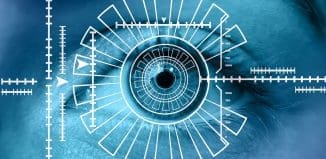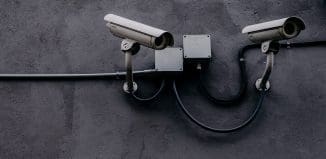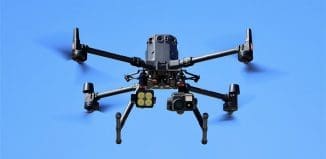Obama to U.S. Police: Spy, but Do it Quietly
This post is also available in:  עברית (Hebrew)
עברית (Hebrew)
 Police forces in the U.S. use advanced surveillance equipment to spy on entire neighborhoods. The American government instructed local police forces to hide files and public records mentioning these surveillance technologies.
Police forces in the U.S. use advanced surveillance equipment to spy on entire neighborhoods. The American government instructed local police forces to hide files and public records mentioning these surveillance technologies.
The Obama administration instructed police units to hide public records and files that include information on surveillance technologies and the ways they’re implemented during investigations, this according to an article published recently by the AP news agency. These technologies are used mostly to collect cellular communications data from entire neighborhoods, covering a large number of people and not just the suspects themselves. Most of the data collected this way has nothing to do with any ongoing investigations. Many suspect these methods are unconstitutional and will not be upheld by the U.S. High Court of Justice, but due to the secretive practices of the authorities and the way information is withheld from the courts nothing can be proved conclusively.
According to the report the Obama administration, citing “security reasons”, gets involved in cases where public records and files having to do with local police are undergoing scrutiny. The government instructs police not to uncover these documents if there’s any link to technologies of this sort, a very surprising policy considering Obama’s latest statements involving the government’s readiness to publicly discuss surveillance efforts.
Equipment manufacturers claim that their ability to provide additional information is limited due to their agreements with the government, in addition to them having to operate the equipment in cooperation with the FBI.
iHLS – Israel Homeland Security
Interviews, court records and public-records requests show the Obama administration is asking agencies to withhold common information about the equipment, such as how the technology is used and how to turn it on. That pushback has come in the form of FBI affidavits and consultation in local criminal cases.
One well-known type of this surveillance equipment is known as a Stingray, an innovative way for law enforcement to track cellphones used by suspects and gather evidence. The equipment tricks cellphones into identifying some of their owners’ account information, like a unique subscriber number, and transmitting data to police as if it were a phone company’s tower. That allows police to obtain cellphone information without having to ask for help from service providers, such as Verizon or AT&T, and can locate a phone without the user even making a call or sending a text message.
During a trial taking place in Florida it became apparent that Stingrays “force” cellphones to register their location and identifying information with the police device and enables officers to track calls whenever the phone is on.





























